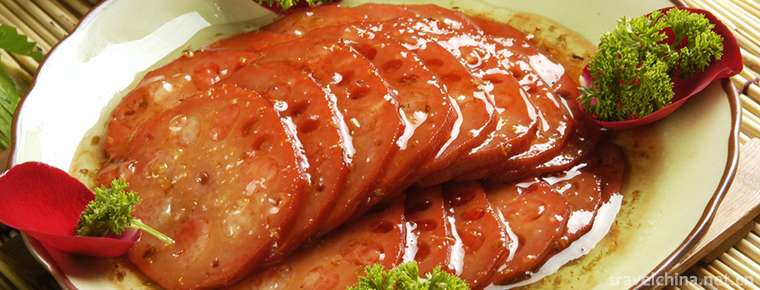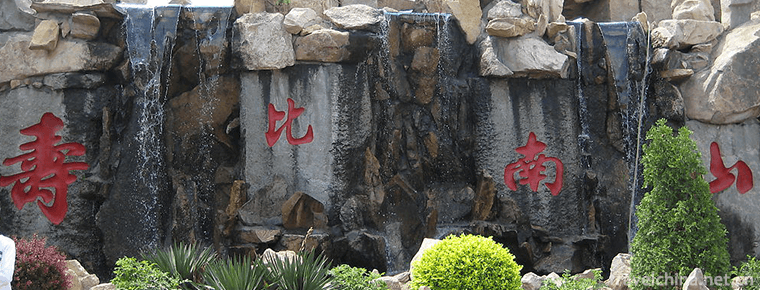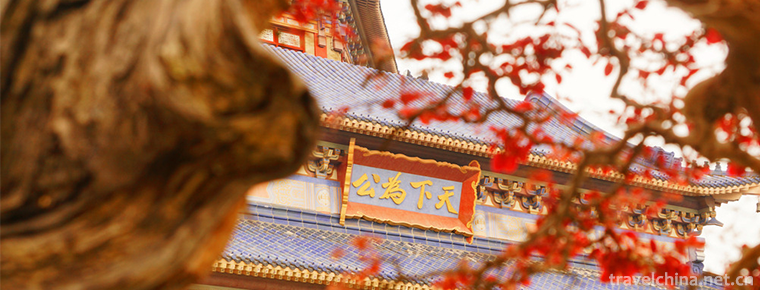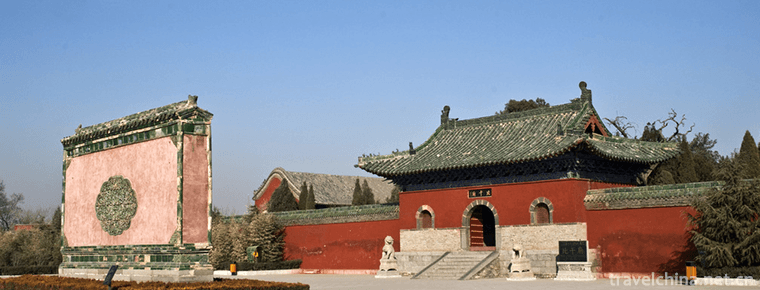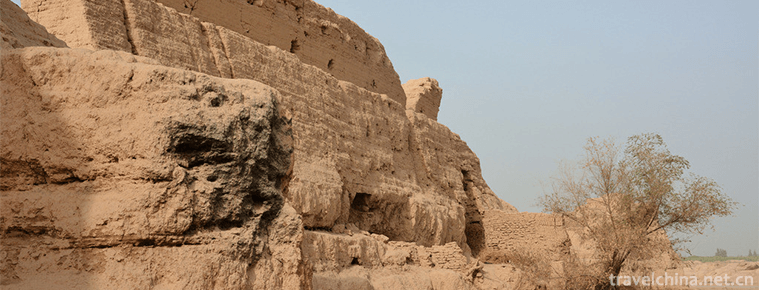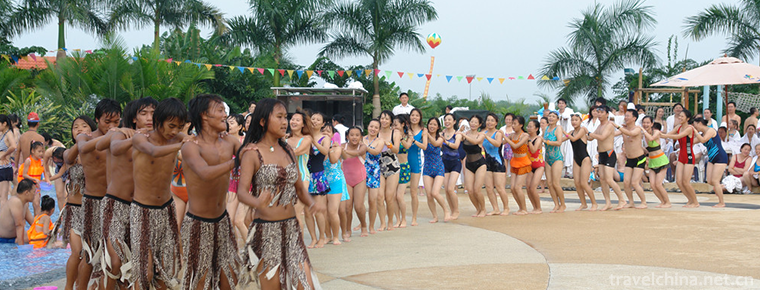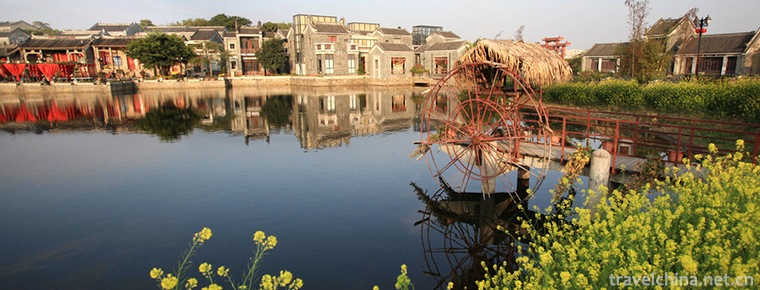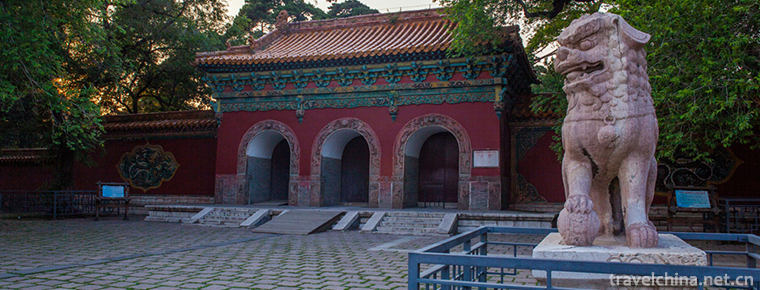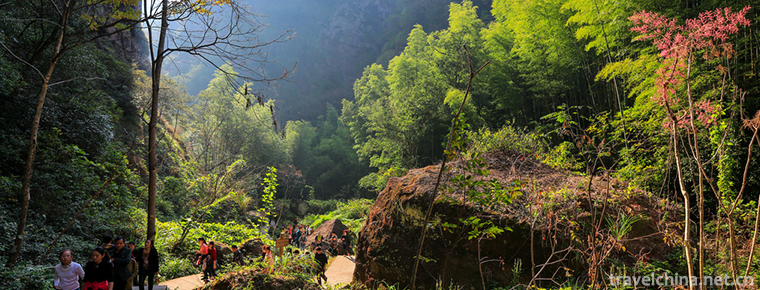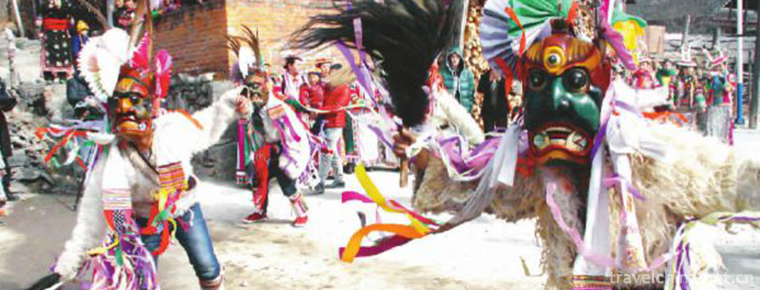Taoist Drama
Taoist Drama
Taoist sentiment is a category of traditional Chinese folk art. It originated from Taoist songs such as Chengtian and Jiuzhen in Tang Dynasty. The Southern Song Dynasty began to accompany with fishing drums and cylindrical boards, so it is also known as sentimental fishing drums. By the Qing Dynasty, Tao and sympathy combined with folk music in different places formed various forms of homology and divergence, such as Taikang Tao, Hongdong Tao, Northern Shaanxi Tao, Jiangxi Tao, Hubei Yugu, Sichuan Zhuqin and so on. Taoist sentiment is mainly composed of singing, supplemented by speaking. There are sitting singing, standing singing, singing, counterpart and other forms of performance.
Historical evolution
Taoist sentiment originated from the rhyme of Taoism in Tang Dynasty, which is a kind of poetry and praise. After the Song Dynasty, Cipai and Qupai were absorbed and evolved into a new classical rhyme, also known as Tao Song, sung in folk sermons. With fishing drum, simple board accompaniment, similar to drum words. Later, the poetry and praise style of Tao was mainly popular in the south, and it was the rap and singing style between the songs and the white ones. The opera style of Qupai style was popular in the north, and developed into the opera style in Shaanxi, Shanxi, Henan and Shandong. The opera style was mainly composed of playing children, soap-roe robes, and Qingjiang Yin. Qin opera and Gong-Drum and singing style were adopted, gradually forming the Tao opera of different parts of the country. 。 There are four kinds of operas: Taoist drama of ascending immortals, drama of cultivating virtues and persuading good people, drama of folk life, historical story and drama of legendary public cases. Some places are called fishing drums or bamboo piano.
In Shaanxi, there are two kinds of Shaanxi shadow play, one is the Eastern Tune and the other is the Western Tune. The former is prevalent on both sides of the Yellow River, while the latter is prevalent in northern Shaanxi and Inner Mongolia. In different areas, it has formed such sub-operas as "Northern Daoqing", "Shangluo Daoqing", "Ankang Daoqing" and "Xiliangdiao". Its singing style is characterized by the harmony of all people to enhance the atmosphere where the voice falls and drags. There are more than 200 plays, all of which are handed down by the old artists. Some of them have strong religious color.
Taoist sentiment is the predecessor of fishing drums. Taoist sentiment, also known as the "yellow crown body" (yellow crown may refer to the costume of Taoists), is the Taoist sentiment sung by Taoists. It is widely traveled, too empty to express feelings. It is called "Taoist sentiment" because of the thought of eating, dewing and clothing. The Tang Dynasty may have already had Tao songs, while the fishing drum and bamboo slips began in the Song Dynasty. Although Tao sentiment appeared early, few works have been handed down. Only ten passages of Zheng Banqiao's Tao sentiment can be seen. (Generally speaking, only the above five passages are included in the singing.) And Xu Dachun's feelings in Huixi Road. This kind of music has declined and will be extinct. Since the Republic of China, there has been no material left for us to learn. This art has been followed by nobody.
According to legend, there were seventy-two Divertimentos and more than one hundred tunes. Now only thirteen Divertimentos and ninety-six tunes can be collected, and their singing style is a combination. It uses some tunes of the Zhugong tunes to intertwine and form a large-scale aria with layers. Each divertimento has six different tunes: positive, negative, peaceful, bitter, grabbing and tight. The aria is composed according to the need when it comes. For example, the structure of "playing with children" includes six tunes: playing with children, playing with children in reverse, playing with children in peace, playing with children in distress, playing with children in rush and playing with children in urgent need. This "positive, negative, peaceful, bitter, rush and tight" has different contents: "positive" means singing in a positive tone, and the tune sung in a positive tone is generally "Shang" tone; "negative" means singing in a negative tone, and the tune sung in a negative tone is generally "Hui" tone; "peaceful" means general normal mood; "bitter" means sad and desolate mood; both are sung in a positive tone; "tight" means singing in a negative tone. It means that the structure of the aria is compact, and "grabbing" means that the structure of the aria is joyful, light and similar to the speed of "grabbing". In addition, Taoist sentiment also skillfully drew lessons from the "intermediary board", "flowing water", "rolling white" and Kunqu opera singing tune in "Jin Opera", which made up for its own shortcomings. The "fishing drum" in music accompaniment is a special instrument of Tao and Qing. Its instruments in Wenwuchang are roughly the same as those in Bangzi Opera.
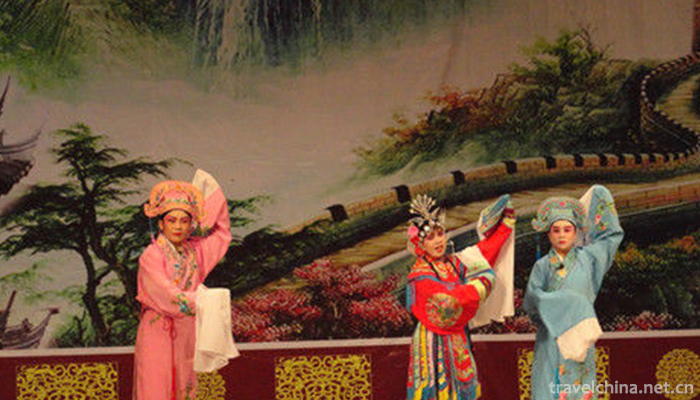
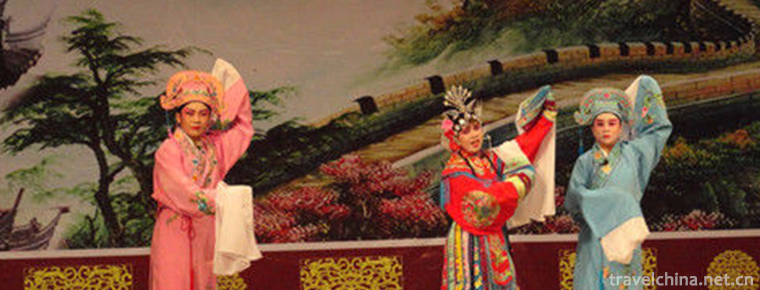
Taoist Drama
-
Steamed Lotus Root Stuffed with Glutinous Rice
Osmanthus sweet-scented glutinous rice lotus root, also known as honey juice glutinous rice lotus root, is one of the characteristics of the traditional famous spots in the south of the Yangtze River.
Views: 205 Time 2018-10-27 -
Longkou Nanshan Scenic Area
Nanshan tourist scenic spot is located in the beautiful scenery of Lu Shan in Longkou City, Yantai City, Shandong province. The scenic spots of Nanshan Temple
Views: 143 Time 2018-12-08 -
Yellow River First Beach
Views: 184 Time 2018-12-22 -
Sun Yatsen Memorial Hall
Zhongshan Memorial Hall is located in Dongfeng Middle Road, Yuexiu District, Guangzhou City, Guangdong Province. It was built by the people of Guangzhou and overseas Chinese to commemorate Dr. Sun Yat
Views: 164 Time 2018-12-22 -
Bigan Temple
Bigan Temple, located in Weihui, Henan Province, is one of the most important temple-tomb complex. It is the first temple in China with tomb-worshippers, known as "the first temple in the world&a
Views: 203 Time 2019-01-02 -
The Ancient City of Gaochang
Gaochang City, which began in the first century B.C., was built by the army of Tuntian in the territory of Cheshi in the Western Han Dynasty. The site of the Old Town is located in the vicinity of Har
Views: 213 Time 2019-01-12 -
Jiahe City Hot Spring Valley
Jiahe City Hot Spring Valley is located in Jiahe City, Nanwu Avenue, northeast of Nanning City. It is about 13 kilometers away from Nanning International Convention
Views: 393 Time 2019-01-21 -
Lingnan Impression
Lingnan Impression Park is located in the south of Guangzhou University Town (Xiaoguwei Island). It covers an area of 16.5 hectares. It is a tourist attraction that gathers sightseeing
Views: 451 Time 2019-02-03 -
Three Mausoleum of Shengjing
The three mausoleums outside Guanzhou refer to the Fuling Tombs of Nuerhachi, the Taizong Emperor of the Qing Dynasty, and the Zhaoling Tombs of the Taizong
Views: 149 Time 2019-02-08 -
Taining World Geological Park Fujian Province
Fujian Taining World Geological Park, located in Taining County, Sanming City, northwest Fujian Province, covers an area of 492.5 square kilometers, of which Danxia landform
Views: 180 Time 2019-02-13 -
Jumping Cao Gai
Caogai jumping is prevalent in Baima Tibetan area of Pingwu and Nanping counties. It is held on the sixth day of the first month of the lunar calendar every year. Cao Gai is a Baima Tibetan phonetic t
Views: 126 Time 2019-06-21

